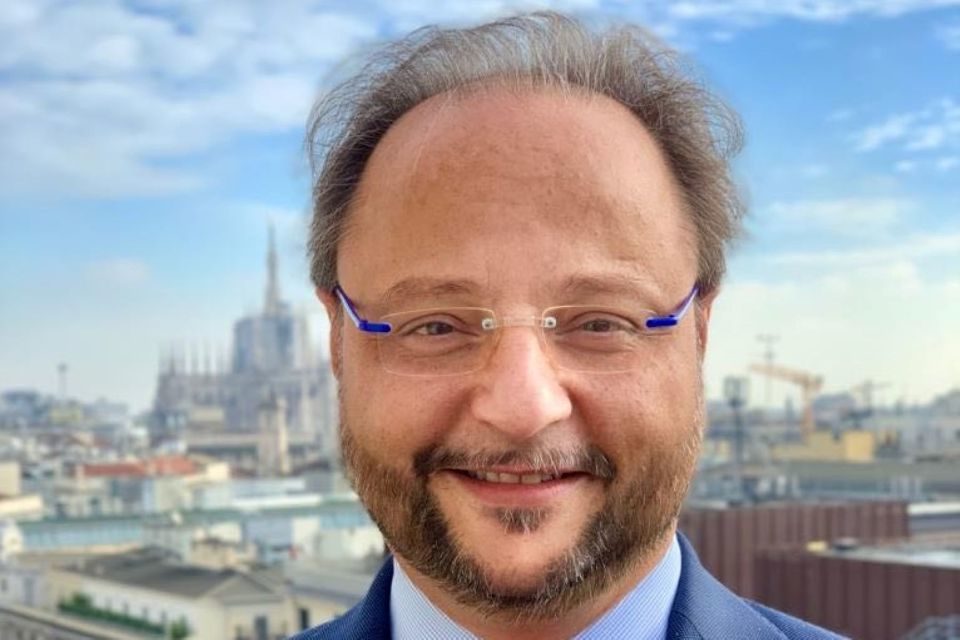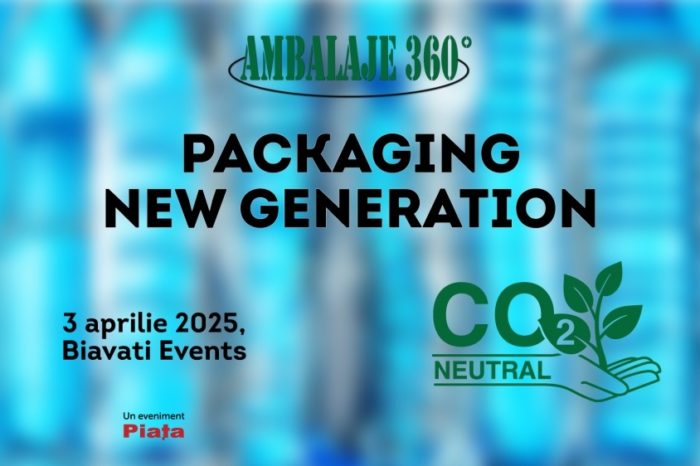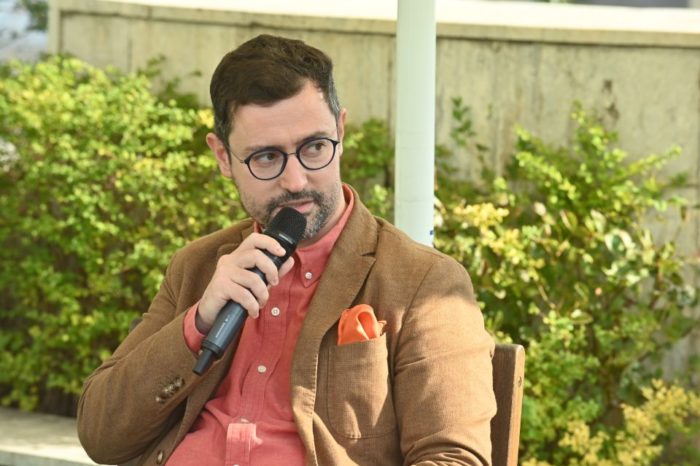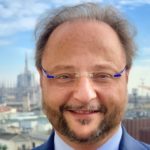Gianluca di Pasquale, EY: “We need to move to the next stage of a new social and economic model”

“If we look at today, the world is facing a severe public health emergency. This is the worst disruption in decades. The estimate so far indicates that the virus could trim global economy growth by 3-6 percent in 2020 with a partial recovery in 2021 assuming there is no second wave of infections. The mitigation measure that have been implemented in many countries have resulted in significant reduction in income, a rise in unemployment and disruption in the transportation, services and manufacturing industry,” Gianluca di Pasquale, Sustainability Leader and Future Cities Leader | Government and Infrastructure, EY said during the Smart Transformation Forum powered by The Diplomat-Bucharest.
“However, the pandemic has some positive impact, especially for the nature. There is reduction in global CO2 emissions, air is cleaner, the industrial energy consumption is down. To counter the adverse effects, the governments have taken unprecedented steps. This represents a unique opportunity to channel public investments to build better with a more resilient, sustainable economy,” he explained.
“Do we take the world back to where it was before the crisis or do we redesign the world? Do we recover or we restart? Cities across the globe can use this pandemic as the catalyst for long-lasting change. We can accelerate progress towards achieving global sustainability targets. We need a new economic model to follow, which makes economy more resilient towards such calamities. Cities have already sustainable measures including circular economy as part of their relief spending.
In March, the EU adopted a new Circular Economy Action Plan, one of the key building blocks of the European Green Deal.
One of the challenges that global economy is facing is inefficient use of resources. Transition to the circular economy requires many of the same principals as building a resilient system that survives unplanned stresses. We need collaboration, financing recovery and digitalization.
Circular economy is one of the oldest concepts on Earth, since all nature is organized and based on the circular principles. Nothing is lost and everything has its purpose. That is why it would make common sense to embrace it and move to the next stage of a new social and economic model.”
The event benefited from the support of GOLD PARTNERS Distributie Oltenia, Bosch, SDEE Muntenia Nord, Vastint, EY, Next-E, MOL, Siemens, Group Renault, SAS, Signify Romania, Transelectrica, PARTNERS Engie, Sea One, Wave, supporting authorities and associations ADR, ANCOM, ANIS, ClujIT, ACUE, FabLab Iasi and Media Partners Outsourcing Today, Financial Intelligence, Economistul, Romania Durabila, Club Economic and PIN Magazine.













